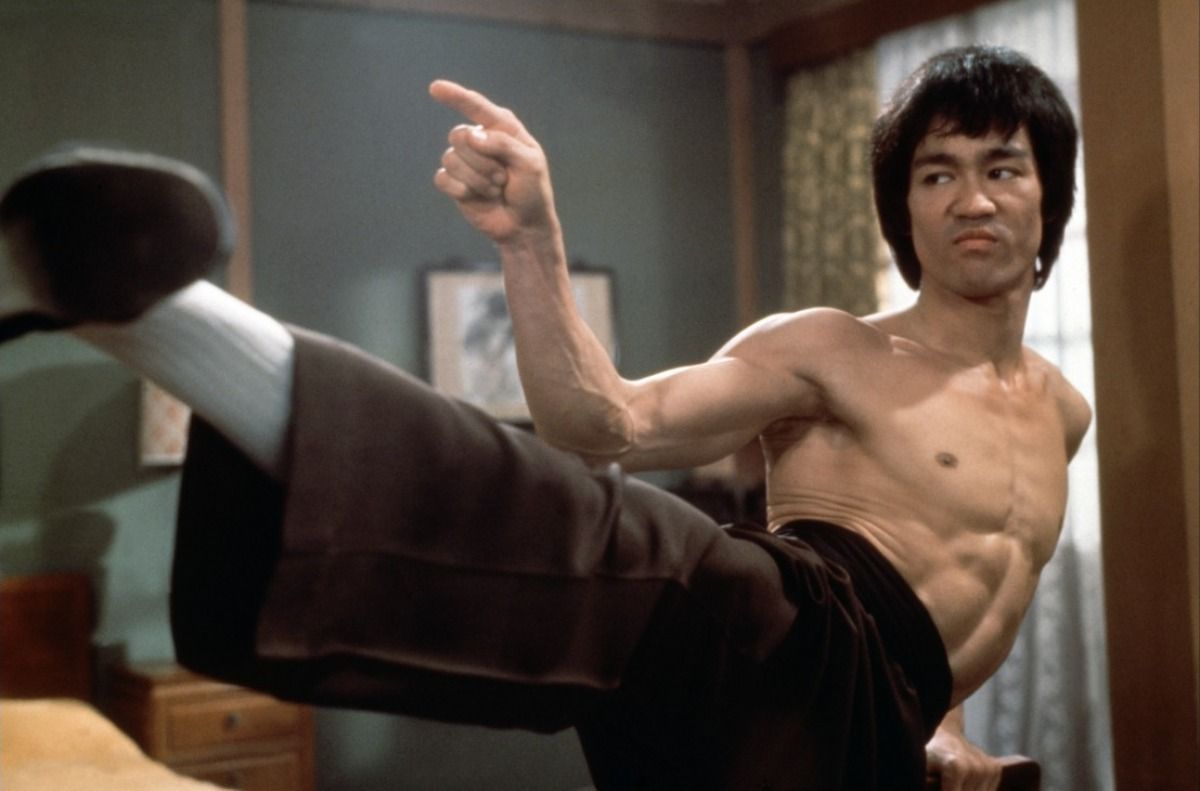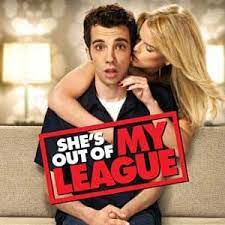As you’re learning English sometimes you might come across a phrase or sentence that makes no sense to you. What does this mean? This doesn’t make sense!
Chances are you have come across some kind of idiom, saying, or slang. All three of these different speech forms are common, but there are some slight differences between them. Let’s have a look!
Idioms
An idiom is a group of words that you cannot figure out the meaning of by looking at the words involved. Many idioms are derived from sports or related to animals, but they can come from just about anywhere! Here are some short examples:
Sports
Get a kick out of it – this idiom is used when someone finds something funny. If you are kicked while playing a sport, you will feel discomfort or pain. Similarly, if someone says or does something funny, you will feel amusement. For example, if Joe tells a funny joke to Bob, Bob might tell his friend Carl “Joe told a funny joke today. I got a kick out of it.”

Out of your league – in sports, if someone is in a different league than you it means they are at a different level. This idiom means the same thing. For example, if Bob thinks he can cook a perfect steak after having only one cooking lesson, Joe might tell Bob “I think steak is out of your league. Maybe you should start with just cooking pasta.”
The most common way to use "out of your league" is with a romantic partner! For example,
"Do you think she'll go on a date with me?"
"No way! She's way out of your league."

Animals
When pigs fly – this idiom is used when someone suggests something that is impossible. Because pigs cannot fly, if someone says this, it implies that someone has suggested something that is as impossible as pigs flying. For example, if Bob says “I can eat 27 hamburgers in 3 seconds!” Joe might reply “Yeah, when pigs fly” implying that Bob cannot eat that many hamburgers in that short amount of time.

Elephant in the room – if someone uses this idiom it is likely because there is something that everyone is aware of but no one has dealt with it yet. Similarly, if there was an actual elephant in a room, everyone would know it was there, and you would feel the need to have a discussion about it. For example, if Bob throws a party and specifically doesn’t invite Carl, when the rest of Bob’s friends show up and notice Carl isn’t there, They might say “Let’s address the elephant in the room. Where is Carl?”

Sayings
Sayings are similar to idioms and are sometimes interchangeable, but rather than just being a group of words, sayings are typically complete sentences and you don’t have to guess at the meanings. Sayings can also come from about anywhere, but many famous English sayings come from works of literature. Here are some examples:
To be or not to be, that is the question. This saying comes from Shakespeare’s popular play Hamlet, in which the main character, Hamlet, is questioning whether it is better to live or to die given the circumstances he is in. Although you will hear this saying in its original “To be or not to be,” it is not uncommon for people to make up different versions of the saying based on the situation. For example, if Joe is debating whether or not to go to Bob’s party, Joe might say to himself “To go or not go, that is the question!”

A rose by any other name would smell as sweet. Another saying that comes from Shakespeare, this saying is found in the popular Romeo and Juliet. Juliet says this line in a speech where she emphasizes the fact that she loves Romeo for who he is, despite the fact that he is a Montague. This saying points out that it is not important what someone is called, but rather how they act. You will most often hear this saying as is, although people do sometimes change out words in this saying as well. For example, if Joe shows up late to Bob’s party, Bob might say “Joe by any other name would still be late” meaning it doesn’t matter what Joe is called, he still can’t show up on time.

There’s no place like home. Although the actual origins of this saying are up for debate, it is commonly associated with the story The Wizard of Oz. This saying is quite simple, yet accurate, meaning that home is the best place to be. You will also hear different takes on this saying depending on the context. For example, if Joe’s favorite restaurant is Bob’s Diner, he might say “There’s no place like Bob’s Diner” meaning Bob’s Diner is the best diner to eat at.

Slang
Unlike idioms and sayings, slang is much shorter, consisting of only a word or two. It is also specific to a certain social group or setting, such as teenagers. Slang words, like idioms, are usually not to be taken literally, and mean something completely different than the literal meaning of the word would suggest. Sometimes slang is accepted as part of mainstream speech and other times it quickly goes out of style. Here are some examples of current slang that has stuck around for a while:
Dying – to be laughing hard. For example, if Bob says something and Joe laughs at it a lot, Carl might say “Joe is dying.”

Extra – to be overly dramatic. For example, if Bob stubs his toe and falls over on the ground screaming, Joe might say “Bob is being a little extra right now.”

Sometimes slang will change meanings over time. One example is:
Busted – [older meaning] broke/broken. For example, if Bob accidentally drops a plate and it breaks, he might say “The plate is busted.” Similarly, Joe might say “Bob busted a plate.”
Busted – [newer meaning] to be caught while doing something wrong. For example, if Bob is caught cheating on a test, he might say “I got busted for cheating.”

Not the End
This is nowhere near a complete list of idioms, sayings, or slang words in American English, but it’s a start! There are many lists of these types of speech online, but one of the best ways to learn idioms, sayings, and slang is through talking to native English speakers, which you can do through apps like Hilokal! So the next time someone says something like “I got a kick out of him being so extra after he busted the tire on his bike!” you will know exactly what’s happening.



